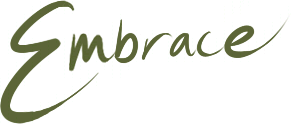 This practice helps us to see how often we habitually take up a stance that is negative, oppositional or defensive in some way. This can take the form of thoughts (I don’t agree with what he is saying), body language (tensing muscles, arms crossed), speech (“That’s a stupid idea”), or action (shaking the head, rolling the eyes).
This practice helps us to see how often we habitually take up a stance that is negative, oppositional or defensive in some way. This can take the form of thoughts (I don’t agree with what he is saying), body language (tensing muscles, arms crossed), speech (“That’s a stupid idea”), or action (shaking the head, rolling the eyes).
If we are able to watch our mind when someone is talking to us, particularly if they are asking us to do something, we can see our thoughts forming barriers and counter arguments. Can we resist the desire to disagree verbally? Can we watch our mental and physical attitude to things that we may be averse to doing and say yes anyway?
Instructions
Over the course of this week say YES to everyone and everything that happens. When you notice the impulse to disagree, consider whether it is really necessary. Could you just nod or even be silent but pleasant? Whenever it is not dangerous to you or others, agree with others and with what is happening in your life.
Why Practice Saying Yes?
Not expressing opposition helps us to let go of self-centred views and see that our personal opinion is actually not so important after all. It’s surprising how often our disagreement with another person is actually unimportant and only serves to increase our distress and the suffering of those around us. Saying yes can be energising, since habitual resistance is a persistent drain on energy.
Sign Up!
Spread the Word
If you think anyone else may enjoy trying these mindfulness practices with you, please do let your friends know by using the social media buttons below.
Image courtesy of renaissancechambara
